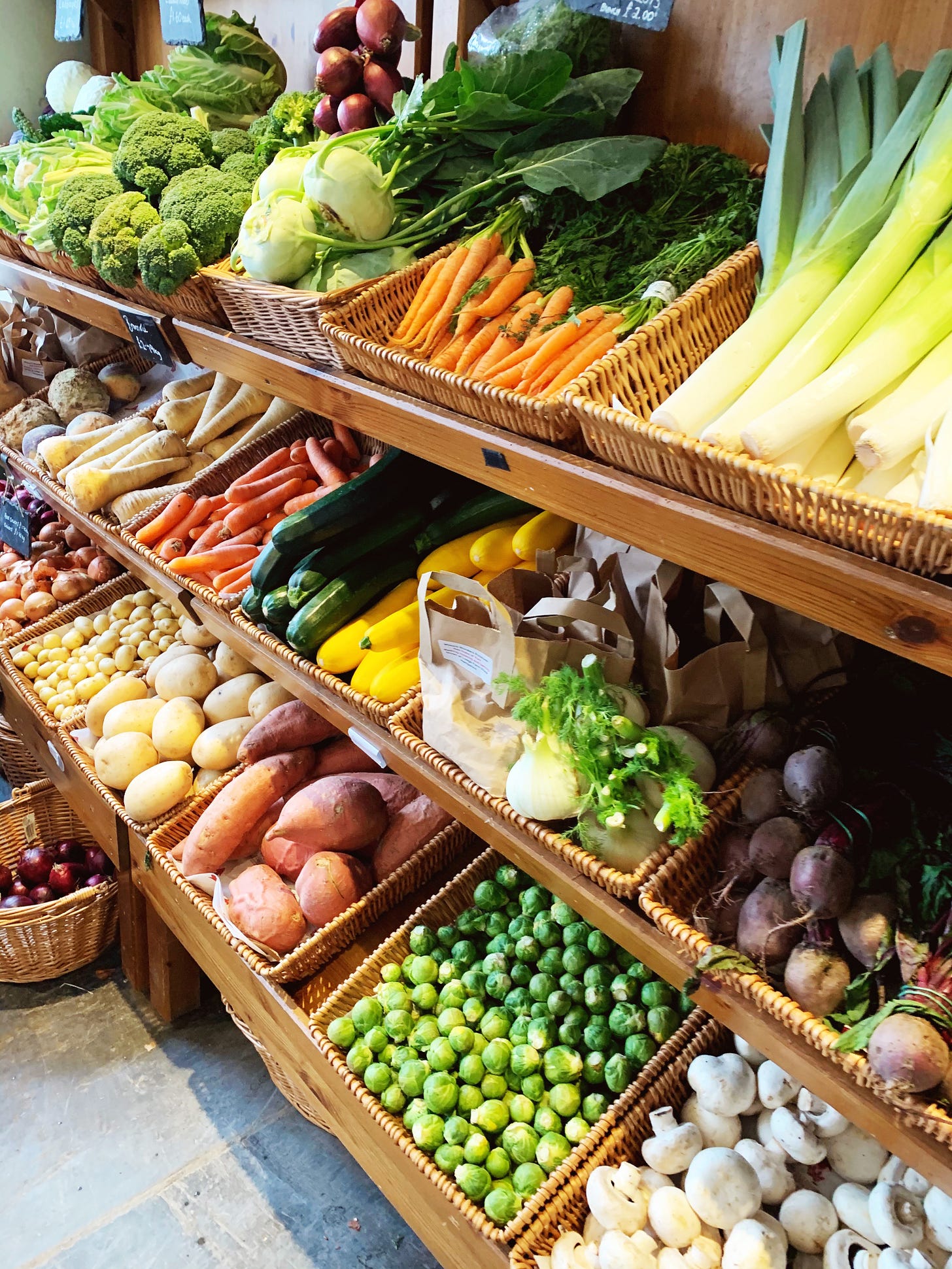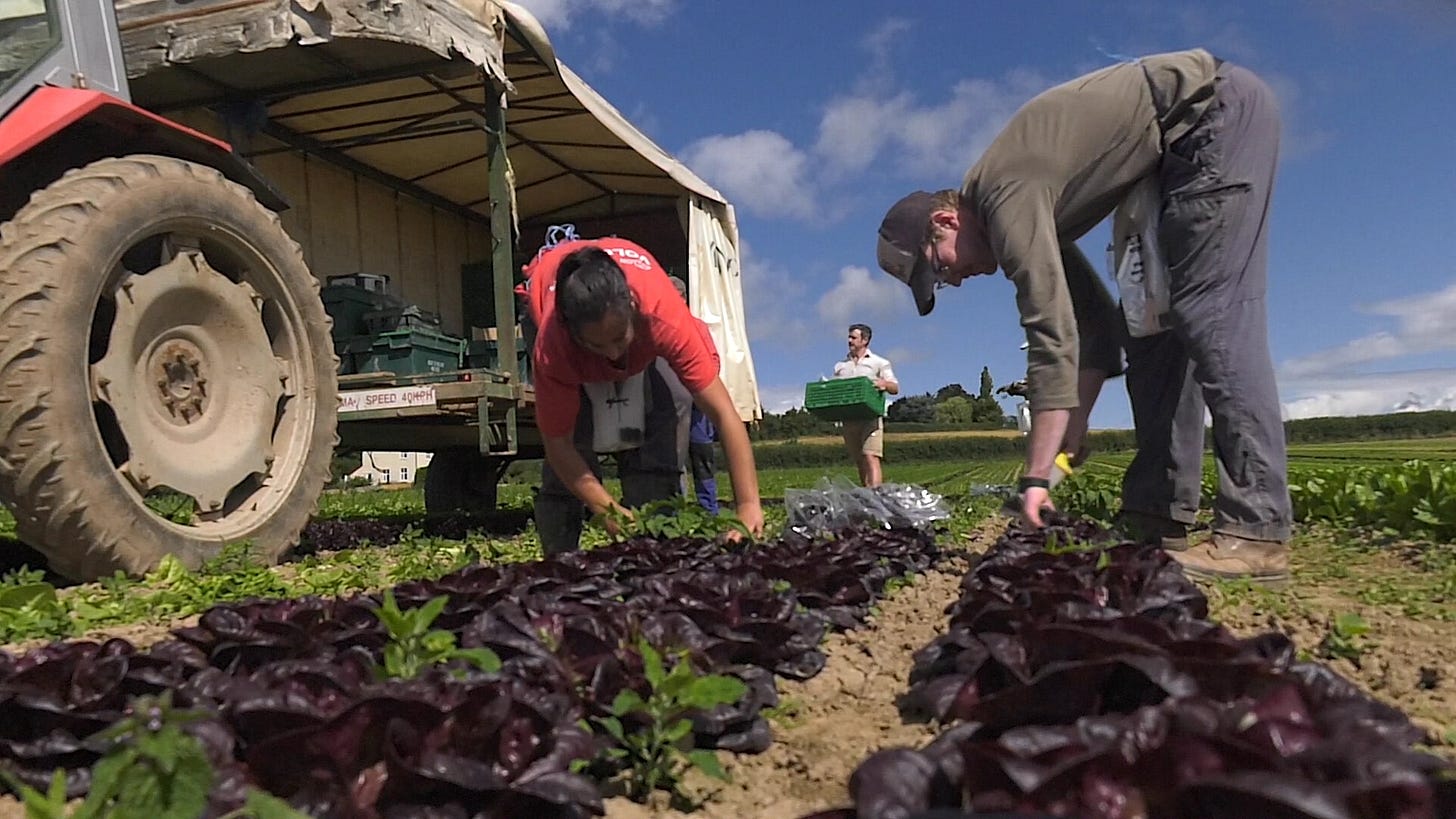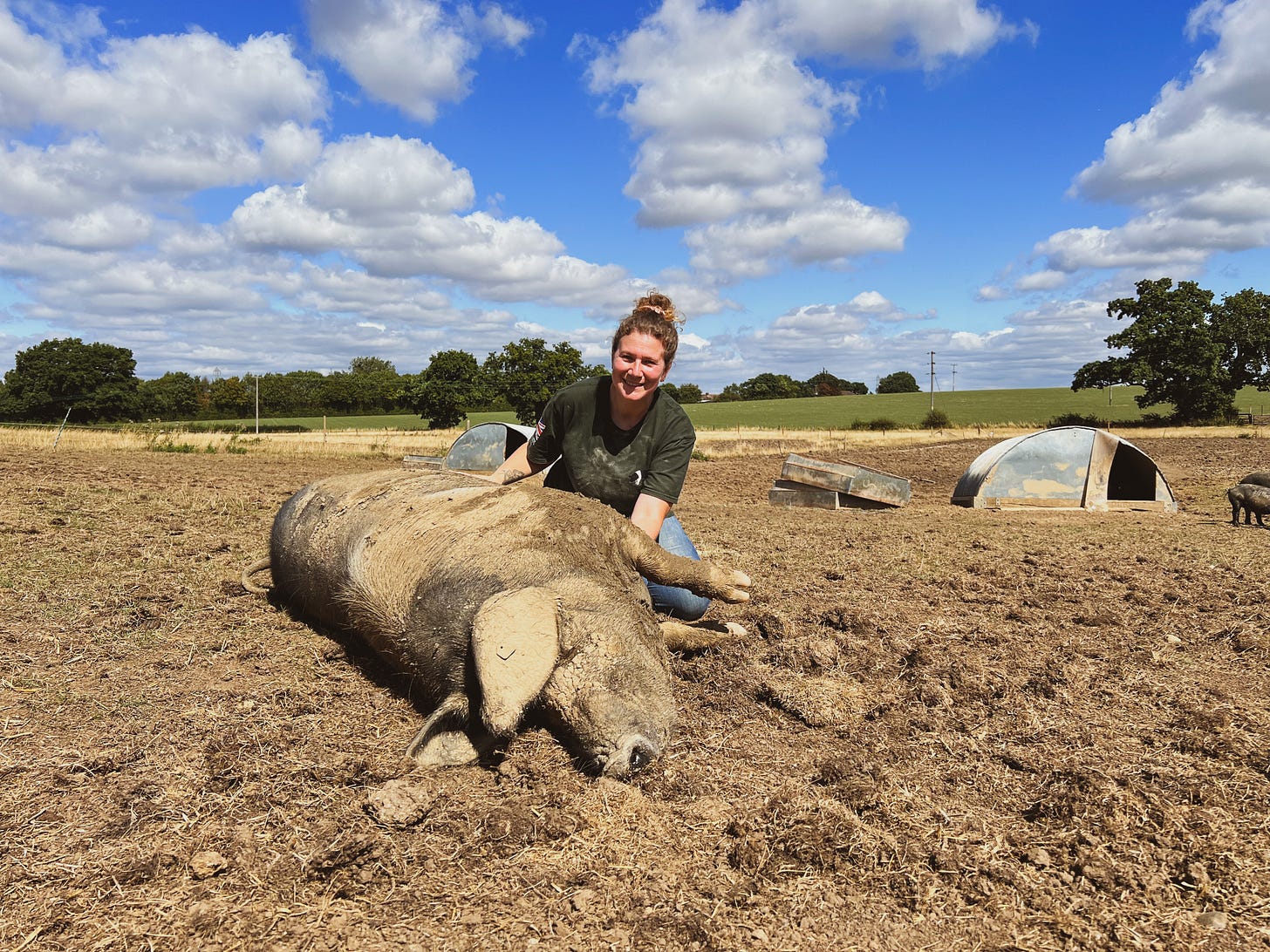Is the UK’s National Food Strategy a Roadmap for Change or Just More Policy Smoke and Mirrors?
Summary & Critical Take on DEFRA’s July 2025 Update

When DEFRA dropped the latest National Food Strategy last month, it promised a “healthier, more affordable, sustainable and resilient” UK food system for the 21st century. But does this update signal real change or is it just another glossy document destined to gather dust on a government shelf?
Let’s break down what’s actually inside, why it matters, and where I think the cracks are already showing.
Why Now? Setting the Scene
Food and farming are rarely out of the headlines these days, and for good reason. The cost-of-living crisis is biting hard, food insecurity is on the rise, and the environmental footprint of our food system is under more scrutiny than ever. Here’s what’s driving DEFRA’s urgency:
Rising food prices: UK food prices are up 36% since January 2021.
Food sector’s size: The largest manufacturing employer in the UK, supporting 4.2 million jobs.
Environmental concerns: 38% of UK greenhouse gas emissions are food-related; 40% of inland water bodies still fail to meet good ecological status.
Self-sufficiency worries: The UK produces 65% of its food (77% for indigenous types) but just 53% of our veg and a worrying 15% of our fruit.
All this adds up to a food system under pressure from every angle.
What’s Actually New? The Strategy in a Nutshell
DEFRA’s vision is big on ambition and broad in scope. They talk about a “whole-system transformation,” aiming for generational change rather than tweaks around the edges. The strategy’s ten priority outcomes include:
Healthier, more affordable food environments
Fairer, transparent supply chains
Sustainable, high-welfare domestic production
Stronger food cultures and skills
Improved resilience and food security
Reduced food waste and environmental impact
Growth and innovation in the food sector
Support for local and regional food systems
Trade that upholds British standards
Greater preparedness for shocks
But here’s the catch: this is a framework, not a detailed action plan. The gritty details metrics, indicators, and how any of this will actually be delivered are all “to follow”.
The Three Big Problems DEFRA Wants to Fix
DEFRA identifies three systemic issues at the heart of the UK’s food system:
The Junk Food Cycle: Commercial incentives drive the production and marketing of ultra-processed, unhealthy foods, fuelling obesity and ill-health.
The Invisibility of Nature: Environmental costs aren’t reflected in food prices, making it harder for sustainable producers to compete.
The Resilience Gap: The system is vulnerable to shocks, and current incentives don’t do enough to support those most at risk.
It’s a solid diagnosis. But does the strategy offer a real cure?
What’s Missing? (And What the Sector Thinks)
This is where things get interesting and where the sectors NGO responses start to echo my own skepticism.
Sustainable Food Trust welcomes the ambition but is quick to point out the lack of concrete action, especially on funding and clear targets for agroecological transition and soil health. They’re also frustrated by woolly definitions around “good food” and “regenerative agriculture” a problem that crops up in almost every policy document lately.
The Food, Farming and Countryside Commission likes the whole-system language, but highlights the need for urgent, joined-up delivery especially involving citizens and local communities, not just industry voices.
Sustain appreciates that DEFRA is finally acknowledging the links between food, health, and environment, but they want to see actual policy interventions: action on junk food marketing, real support for healthier diets, and mandatory standards for public procurement.
Across the board, there’s a common thread:
No new funding, no binding targets, and not much in the way of regulatory teeth.
Big ambitions, but little clarity on how farmers especially small, independent producers will be supported through the transition.
Helen’s Take: Promises, Pitfalls, and Who’s Left Out
At first glance, this strategy reads like progress. But scratch the surface, and the familiar gaps appear.
Meat and livestock: I can already see how the agenda to reduce livestock numbers will be justified in the name of Net Zero, while transparency around welfare standards, GMOs, and chemical use gets quietly sidelined.
Labelling: Still no clear method-of-production labelling. “RSPCA Assured” is still paraded as a gold standard, but as many of us know, it’s a label that doesn’t always match reality.
Farmer support: The backbone of British food the small and family farms are still left out in the cold, while the big players stand to benefit most.
Accountability: Metrics are all well and good, but who’s actually going to hold government and industry to account? Right now, it isn’t clear.
And perhaps most importantly:
If healthy, sustainable food isn’t affordable and accessible to everyone, who is this strategy really for? There’s a lot of talk about food justice and “place-based solutions,” but little sign of real investment in local infrastructure, markets, or skills.
Final Thoughts
On paper, the updated National Food Strategy looks positive. But for those of us who’ve seen policy promises come and go, it’s hard not to feel a sense of déjà vu. Until there’s real funding, clear accountability, and meaningful support for the people actually growing our food, this feels like another well-meaning document-one that risks leaving the real problems unsolved.
What do you think-does the new National Food Strategy go far enough? Have you seen any changes on the ground? Share your thoughts in the comments.
Want more honest breakdowns and independent commentary?
Subscribe for regular deep dives and if you value this work, my 20% off promotion for new paid subscribers is still running but ends today.
Let’s hold the food system to account, together.
Your support keeps this work independent and accessible. Thank you!
If just 5% of my readers tipped £1/$1 this essay would pay for itself in terms of time spent working on it.






Large organisations like dealing with large organisations. That's why the policy is big on words and short on action. The MD or Chairman of Large Corporate Food Producer can call the Minister or Senior Civil Servant and bend their ear if they actually do anything they don't like. The small guy can't do that.
It's also enables DEFRA to be lazy. It's much easier just to talk to three large firms than 20,000 small producers.
Thanks Helen, this is a great summary. The best I’ve read at pulling apart what it does and doesn’t say in a straight forward way. You put it so clearly! Thank you!